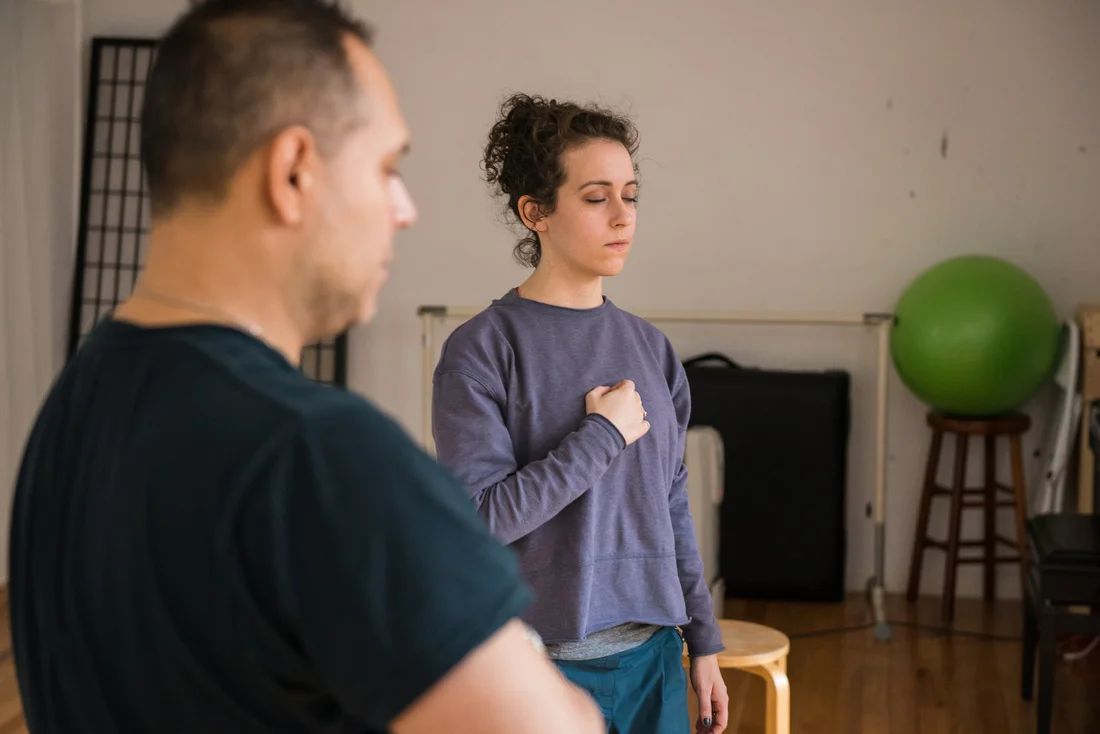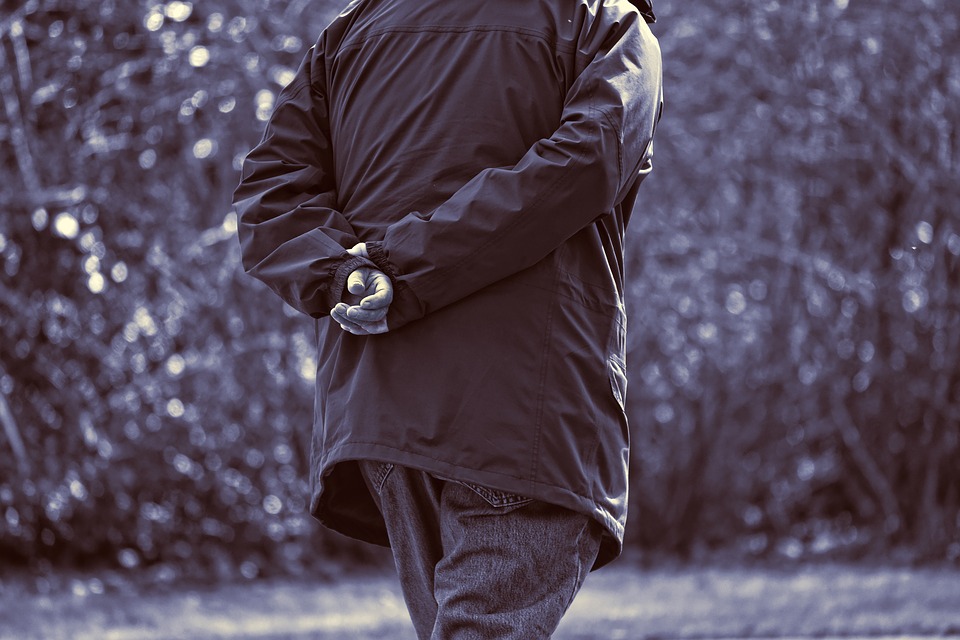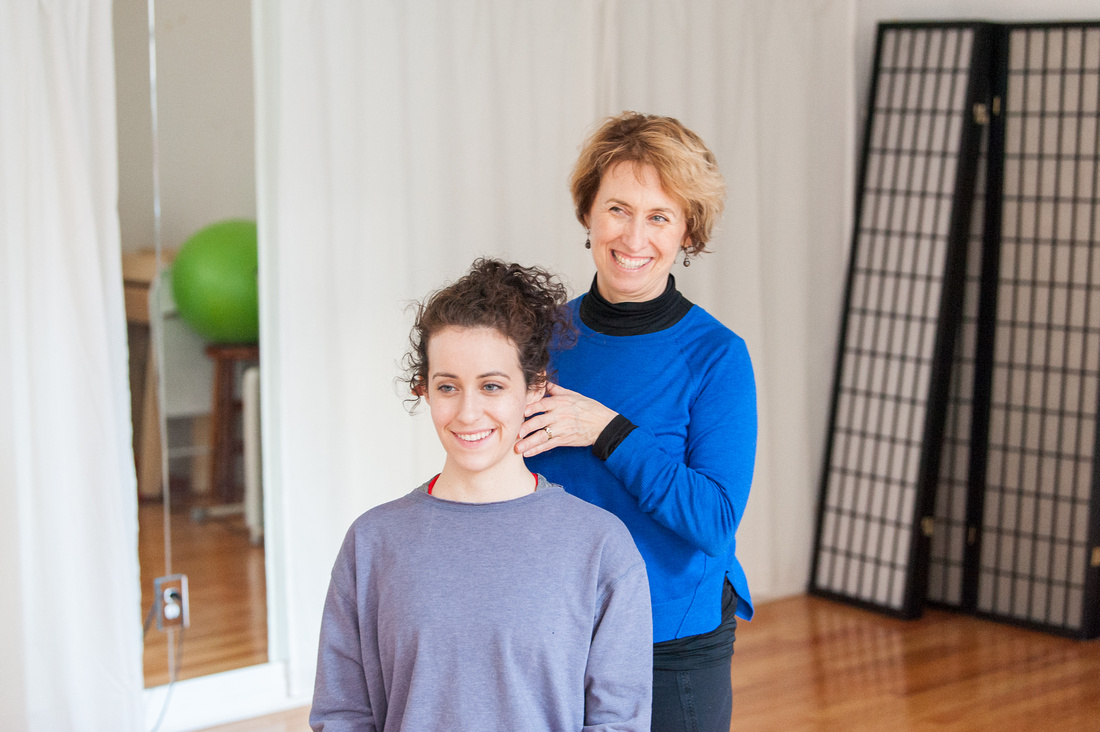
How You Move Matters
Free Alexander Technique Exercises, Tips, and Resources
Physical Gesture Exploration: In Life and On Stage
Gesture.
You've probably used gestures already today. With the flick of your hand, with the twist of your back or the flare of a nostril… you communicated your intentions very clearly. And in return, these gestures informed you about how your feelings, keeping you honest - at least to yourself.
Have you ever discovered that your shoulders are rising up to your ears while watching a very intense, suspenseful show — and then thought “wow, I guess that really got to me”? For most of us gesture happens before we realize that we are doing it. But at times we consciously select a gesture, like a gentle tap to let someone know “I’m with you”. We use gesture to articulate in an embodied way, distinct from using words.
I've been thinking and reading about gesture this month. Gesture and movement in theater has always fascinated me and driven my work. But the honesty and simplicity of the everyday gesture is on my mind as well. As I'm embarking on a three week exploration of impulse and gesture (see my Thursday group class for Actors), I thought I would offer up a self-study experiment in gesture and embodiment. Anyone can try this -- it's not just for actors!
Here’s an experiment to play with today while you are walking down the street.
Part 1: Observe all the different ways that the people around you are using their shoulders. If you could put words to the gestures, what are they saying?
Part 2: Experience your own shoulders, sensing tension, sensing lift or droop, pulling or shaping to the front or to the back? Asymmetry? What ever you are doing, do it more - exaggerate. Do words or images come to mind? Does this exaggerated gesture remind you of a feeling or emotion? Do you want more or less connection with other people? Slowly do less of your shoulder gesture. How does it feel to let some of it go? Consider completely letting go of your shoulder gesture? What might you lose? What might you gain?
Part 3: Take a little risk. Ask for your easy and expansive coordination: Let your neck muscles release holding your head, so that your head balance is fluid and lighter. Let your neck muscles release holding your shoulders so that your arms can swing more easily with your stride. Let your senses take in the area you are in or the street you are waking down. What thoughts and words are you expressing with this way of moving? What impulses do you feel connected with? What would happen if you used this open and easy shoulder gesture while interacting with the next person you meet?
PS Let me know how this goes!



